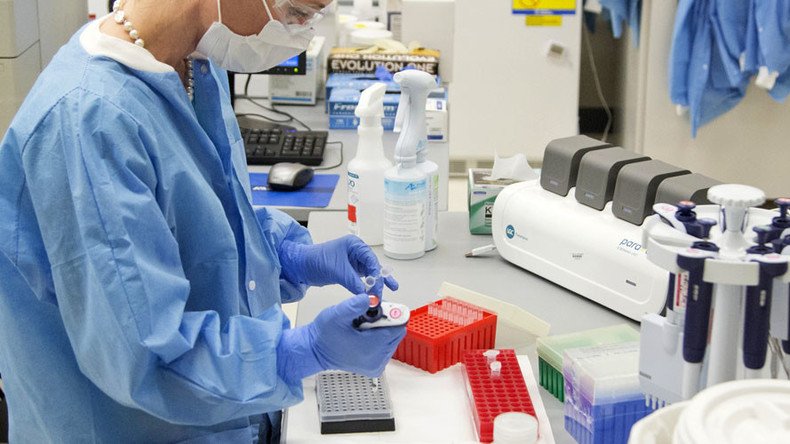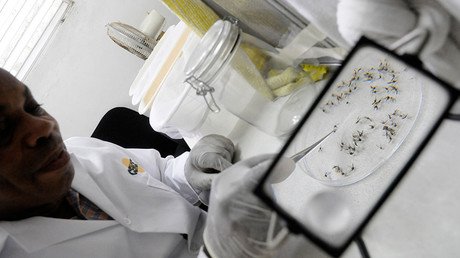Battery life! Doctors develop new egg-regeneration IVF treatment

Britain could become the first country to road-test a new IVF treatment which allows older women to have a greater chance of becoming pregnant by replacing the ‘batteries’ in their egg cells to make them ‘young’ again.
Doctors have applied to the Human Fertilisation and Embryology Authority (HEFA) to secure a trial which could start next year, offering 20 women access to the treatment.
Egg cells put a time limit on female fertility because, unlike male sperm cells, they age with the body.
The new treatment allows eggs to become regenerated by substituting mitochondrial DNA and refreshing the cells’ ‘power packs’.
By harvesting the mitochondrial DNA from an ‘egg precursor’ cell, the DNA from an egg cell can be rejuvenated, making the woman more likely to conceive a baby.
The technique has been developed in the US by the Ova Science lab, but because the US Food and Drug administration have yet to approve the treatment, Britain could be the first country to put it into practice.
Speaking to the Independent, Professor Simon Fishel from Care Fertility called the discovery a “potential paradigm shift.”
“There is a body of scientific evidence suggesting that the mitochondria of eggs from some patients previously shown to have poor-quality embryos after IVF is part of the problem in getting viable embryos for such patients,” he said.
“Some studies have shown that egg precursor cells can be harvested for their mitochondria, and if obtained they are healthy mitochondria, in contrast to the problematic eggs. Previous studies have shown that donor mitochondria in such cases give better quality and therefore more viable embryos.
“It may provide new, revolutionary options for women to have their own genetic child. It’s a potential paradigm shift. But we have to get to the point where it does work to make it a more cost-effective solution.”
However, the treatment was received with skepticism by some scientists. Professor Robin Lovell-Badge, from the Francis Crick institute said the findings were “difficult to believe.”
“There is lots of evidence to suggest there are no germline stem cells remaining in the ovaries of mice, certainly from a week after birth. There is certainly no good evidence in any animal model that there are germline stem cells that give rise to oocytes.
“It all seems rather remarkable; a lot of people are skeptical. The HFEA may have a problem if there is not a robust scientific basis for the proposal. OvaScience are charging a lot of money to do it and there is not much evidence that it does anything. They may have some information claiming to show that it does, but I’ve not seen this,” he said.













